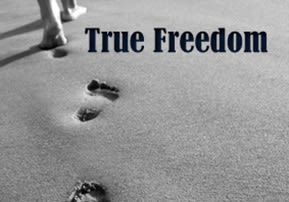
True Freedom
Who can imagine a life free from all negative emotions? Even if we really believed this were possible, how would we go about achieving this monumental task?

How many of us can say we are truly “free”? We might think we live our lives in a general state of autonomy, but do we really? How many of our decisions are really ours? Do we live our lives in a state of tranquility within the daily storm of life, or are we robotic in our actions, doing the same things and behaving the same way day in and day out? Who is in charge of our emotions? Who decides what we will wear or what we will eat today, tomorrow, and so on? Let’s begin to explore this misconception of “freedom” that we have and discover where our true freedom lies.
Webster’s dictionary defines freedom as the absence of necessity, coercion, or constraint in choice or action. In what areas of life do we really experience this so-called autonomy? Think about this- when you go food shopping, which items do you choose to buy? Yes, you might say you choose this brand of milk versus that brand, or organic vegetables versus conventional. But can you choose an item that is not on the shelf? What about when you go clothes shopping? Do you think you have a “unique sense of style”? How unique is it when you can only choose what’s available this season? What if you want to buy white pants or a summer dress in the winter? Even if you live in a tropical climate you will still have trouble finding such items because the clothing manufacturers just don’t make these garments for winter season.
Let’s take a deeper look at our daily routines. If you have a job and/or kids, who decides what time you get up? Can you decide to skip work or school to go to the beach or stay home just because you feel like it? Do you have any control over traffic? Can you take a route to work that is not an established road? What about your emotions? Do you think you decide when to be happy or sad? Even these feelings are usually the result of external factors. You hear good news, you’re happy. You hear bad news, you’re sad. Your kids drive you crazy- are you experiencing inner peace at that moment? If you are, please tell me your secret. When you take a step back and examine your day, you’ll find it’s no wonder you’re exhausted by the evening. You’ve dragged yourself through one emotional rollercoaster after another. From stress at home with the kids to an overbearing boss and an overwhelming workload, it’s a wonder at all we’re able to get up and do it all over again.
Kabbalah, the esoteric and deepest wisdom of the Torah, states that we are “vessels” that were created with the intention of receiving The Creator’s beneficence, or “light”. Like the cup that was created to contain a certain amount of water, each of us has the unique capacity and capability to contain a certain amount of light. The vessel is our soul, who yearns for spiritual nourishment and fulfillment. What is that nourishment? It is the Light of The Creator. How does it manifest in our lives? It manifests through the spiritual actions that we undertake. The more we invest our time and efforts in helping others and sharing, the more light we add to our lives. Through this light we acquire health, inner peace, sustenance, good relationships, etc.
What does this have to do with our misconception of freedom? Instinctively we all know that material pursuits do not bring lasting happiness. The soul is not illuminated from a fancy car or a big house. We feel our inner light shine when we do something good in this world, whether it’s as simple as holding the door open for someone or as grand as launching an organization to help the needy in a community. What kind of freedom are we really looking for? We are looking for the freedom from our inner turmoil, freedom from the tumultuous waves of conflicting emotions we are constantly bombarded with, freedom from our “victim” mentality that convinces us that we are undeserving of the suffering we face from time to time.
 Who can imagine a life free from all negative emotions? Even if we really believed this were possible, how would we go about achieving this monumental task? Rebbe Nachman of Breslev, one of the greatest sages of the nineteenth century, has revealed to us an amazingly simple way of realizing true freedom. The secret is hitbodedut, or talking to The Creator in a private setting our own words. Rebbe Nachman points out that God should be likened to a parent, who lovingly awaits his child’s voice. Just as any parent longs to have intimate and real conversations with his beloved child, even more so does The Creator want us to return to Him with our hearts. This is not about becoming religious; anyone from any ethnic background is encouraged to initiate a daily dialogue with God.
Who can imagine a life free from all negative emotions? Even if we really believed this were possible, how would we go about achieving this monumental task? Rebbe Nachman of Breslev, one of the greatest sages of the nineteenth century, has revealed to us an amazingly simple way of realizing true freedom. The secret is hitbodedut, or talking to The Creator in a private setting our own words. Rebbe Nachman points out that God should be likened to a parent, who lovingly awaits his child’s voice. Just as any parent longs to have intimate and real conversations with his beloved child, even more so does The Creator want us to return to Him with our hearts. This is not about becoming religious; anyone from any ethnic background is encouraged to initiate a daily dialogue with God.
Once a person begins to solidify this relationship, he will quickly see the tremendous blessings that are the fruits of a connection to The Divine. Not only will he see his own personal salvation from external troubles, be it illness or financial burdens, but Rebbe Nachman promises that one will also free himself from the internal fires that burn within. No more worry about where the next paycheck is coming from. No more stress about which decision to make. No more anger burning up inside when we encounter someone that irritates us. How many of us would like to be free of the deep anxiety that lurks beneath our cool exterior?
One word and concept perfectly captures the essence of this internal freedom- it is Emuna. Emuna is the pure and unshaking faith that everything that happens to us is good and for our own ultimate benefit. If we believe that The Creator is All Good, then we must consequently believe that everything The Creator does is also good, even though our senses may try to convince us otherwise. I recently attended a thought-provoking lecture by a good friend and Rabbi, Avraham Lipszyc, who broached the question, “Does God love me?” His response in a nutshell was, “The question should not be ‘Does God love me?’. The fact that one is even asking such a question is the real issue at hand.” Emuna is the direct internalization of this fact, which leads to the true and ultimate freedom. Once you begin to strengthen your emuna, you can overcome any obstacle with no anxiety and no suffering from the infamous victim mindset. You will begin to see the mercy in the seemingly “worst” situation and even thank God for the wake-up call. It reminds me of the alarm clock in the morning- first it starts beeping softly, but the longer you take to wake up, the louder it will beep, until the beeping is so annyoing and unbearable you have no choice but to get out of bed. It is the same thing with life. We are constantly getting “wake-up calls” from The Creator to improve various areas in our lives, but sometimes we need a little more coaxing.
If you would like to learn more about emuna and the best way to free yourself from the chains of negative emotions that you currently suffer from, I highly encourage you to read The Garden of Emuna by Rabbi Shalom Arush.


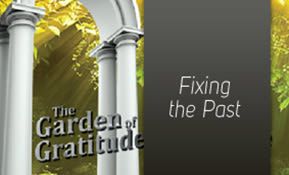



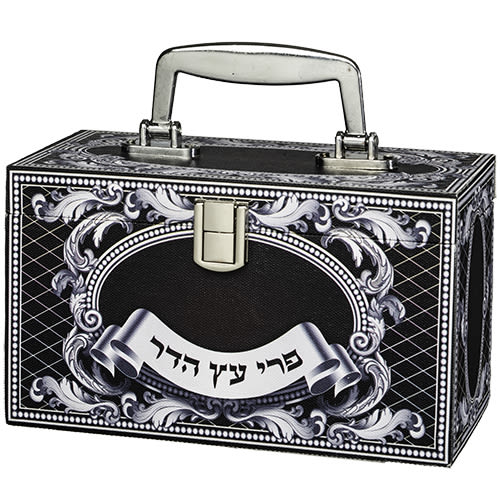
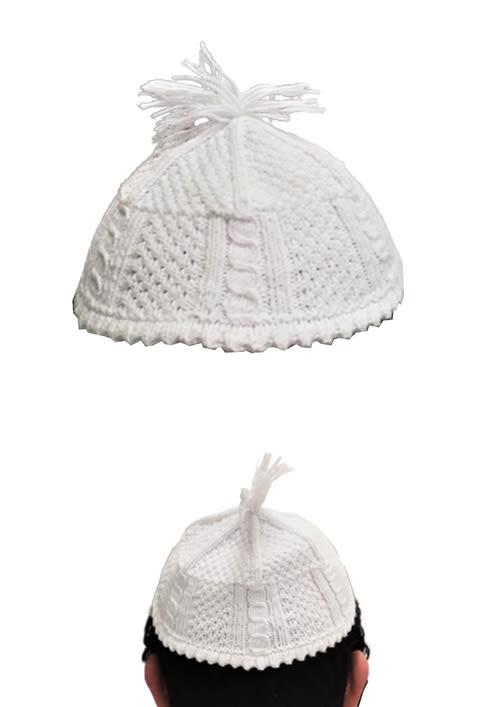
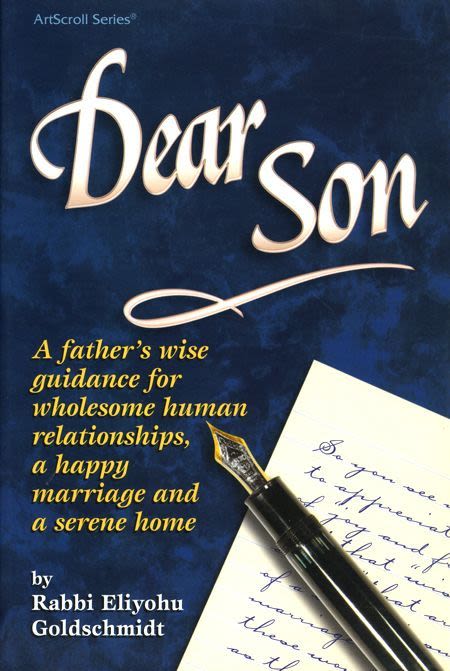
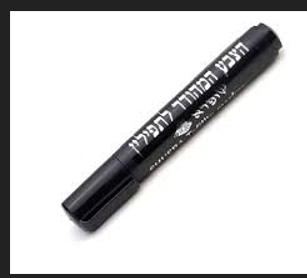
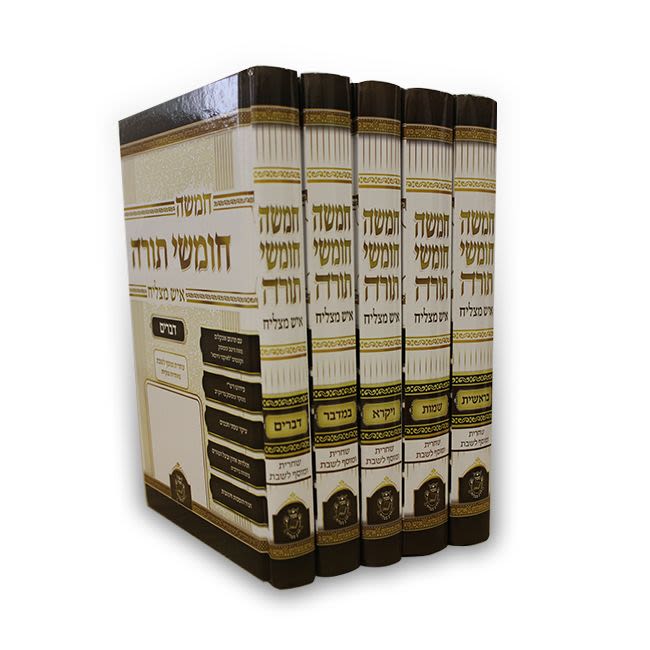
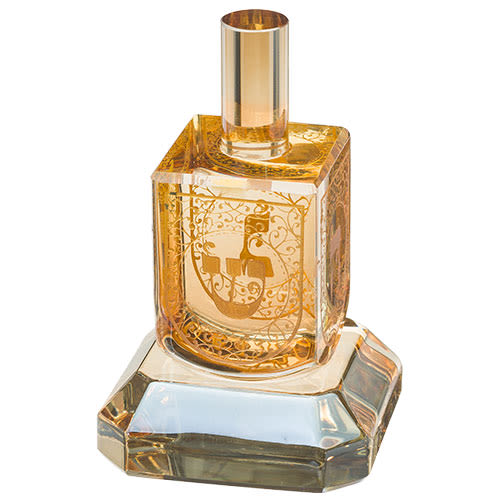
Tell us what you think!
Thank you for your comment!
It will be published after approval by the Editor.